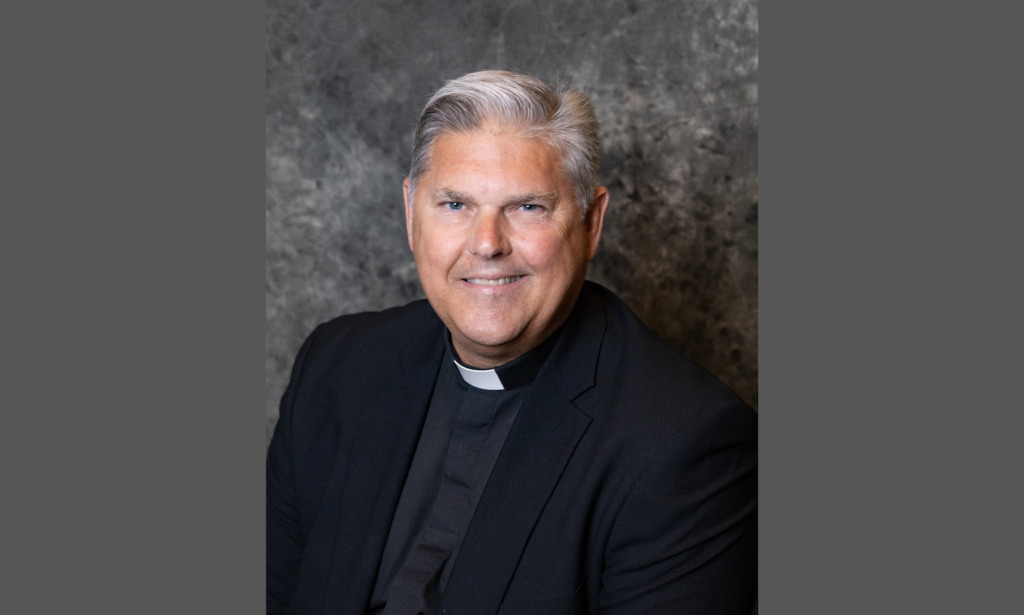At the Vigil Mass of Pentecost Sunday Gn 11:1-9; Ps 33:10-11, 12-13, 14-15; Ex 19:3-8a, 16-20b; Dn 3:52, 53,54, 55, 56 or Psalm 19: 8-11; Ez 37:1-14; Ps 107:2-3, 4-5, 6-7, 8-9; Jl 3:1-5; Ps 104: 1-2, 24, 35, 27-28, 29, 30; Rom 8:22-27; Jn 7:37-39
St. Augustine called the Easter Vigil, “The mother of all vigils.” If the Easter Vigil is the mother, the Pentecost Vigil is the eldest daughter. They are connected in theme and in structure.
The Easter Vigil celebrates the resurrection of Jesus Christ as the culmination of all of salvation history. Therefore, it is also fitting on this most holy of nights that we celebrate the baptism, confirmation and reception of first Communion for those newly incorporated into Christ and his Church.
The Vigil of Pentecost also asks us to reflect upon salvation history but hear how the Holy Spirit is at work in restoring the original plan of God – that all might be one in him, that we might all have life through him.
Pentecost is also a fitting time for the celebration of sacraments, and many of our brothers and sisters will be received into full communion on this day and/or receive the sacrament of confirmation. The celebration of these rites and sacraments are in response to Jesus’ prayer at the Last Supper, that they all might be one.
At the Easter Vigil, we reflect upon seven readings from the Old Testament that present us the great covenants of God with his people. The readings are responded to by psalms or silence, and a formal prayer offered by the celebrant after each reading.
The Pentecost Vigil offers four options for the first reading, but all can be and are encouraged by the Church to be read at the vigil. This mini-Easter Vigil has the same structure: reading, psalm or silence, and prayer.
The Church is asking us to reflect on the ongoing role of the Holy Spirit in the aftermath of our baptism in how we live our faith in the Church and in the world.
The reading from Genesis reminds us that when we try to remake the world in our image, we violate the natural harmony that God planted in the world. When we try to be our own gods, we break down the very unity that allows us to communicate and live in peace and in unity with one another.
The reading from Exodus reminds us that as God called us into covenant by the giving of his law, we are now called to live out that new covenant that the Holy Spirit has written in our hearts through the sacraments of initiation and our life in the Spirit.
Ezekiel tells us that our true life has, as its source, our relationship with Christ. Joel missions us to be prophets of that new life in the Spirit to the ends of the Earth and until the end of time. The reason to keep vigil is that we sometimes let the events of life rush past. In days past, a knight-to-be would keep vigil on the eve of his knighting in order to understand his duties as a knight. A bridegroom would keep vigil in order to comprehend the power of the union he and his bride would undertake.
We are asked to keep vigil in anticipation of Easter and at the end of the Easter season in anticipation of Pentecost. We are asked to keep vigil so that we might just begin to understand what Christ has done for us in his resurrection and how we live out that resurrection in the Church through the power of the Holy Spirit.
Msgr. Timothy Keeney is pastor of Incarnation, Charlottesville.

